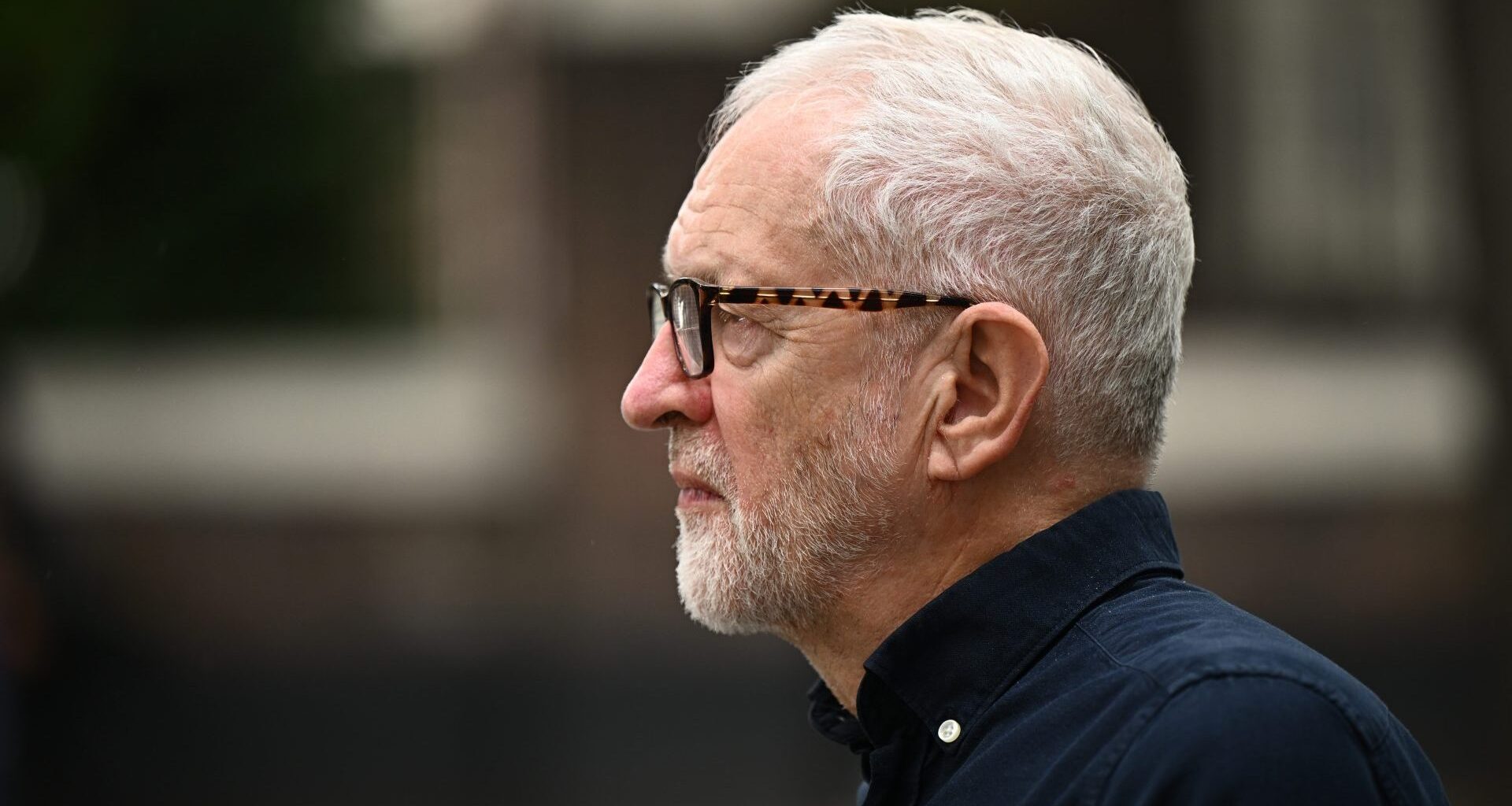The new Jeremy Corbyn/Zarah Sultana party now claims 700,000 signups since its launch on July 24. None are paid-up card-carriers yet, but just two weeks after launch, it’s an impressive figure that is larger than the combined membership of Labour (309,000), Reform (228,000) and the Tories (123,000). Converting even half of the signups would make it the UK’s largest political party.
What do we know about those who have signed up? This is hardly scientific, but the dozen or so friends and family to have done so are (no surprises here) disaffected Labour voters justifiably angry at the government’s timidity on Gaza, on tax for the richest versus welfare cuts, on making a positive case for migration.
Some of them had peeled off before the 2024 general election, some have done so since. Some have found themselves politically homeless until this moment; some had already joined or voted for the Greens or Lib Dems (a recent YouGov poll shows 13% of 2024 Labour voters now support the latter and 10% the former).
But this is an interesting thing: all of them either voted Remain in 2016 and would vote to rejoin the European Union now. The question that follows then is: will the Corbyn-Sultana party support Rejoin too?
The answer is unlikely to follow swiftly when the new party is still to define its name, or how much membership costs, or how its leadership will be decided, or how its policy will be formed. Even when all that is settled, the suspicion is that Corbyn would prefer to kick the issue into the longest grass available. He and his supporters remain haunted by the idea that Brexit vacillation was the one self-inflicted cause of Labour’s catastrophic election defeat in 2019, ignoring the twin disasters of the confused election manifesto and the drawn-out failure to tackle baked-in antisemitism.
Yet where does that leave Corbyn’s laudable ambitions, expressed in a recent video, to deliver “more council housing, an end to homelessness, an end to child poverty, an end to inequality” and an ethical foreign policy that sounds like it means the end of Britain’s defence industry? In the same video, he suggests that all this can be secured by “the rich paying their proper fair share of taxation”, but Corbyn must know that more huge economic game-changers would be needed too.
One obvious place to start would be by clawing back some of the £100bn a year currently being lost as a result of leaving the European Union. Yet that is not likely to be addressed by a lifelong eurosceptic who voted against joining the EEC in 1975 and opposed Maastricht and Lisbon before dragging his feet as Labour leader at the 2016 referendum, with disastrous results.
Meanwhile, Corbynite influencers like Aaron Bastani are less likely to be found expressing support for the EU, its aims and its leaders than they are to be heard castigating Ursula von der Leyen and Kaja Kallas over Israel and scaled-up defence spending. None of this makes the new party sound like ideal “rainbow coalition” partners for the Lib Dems or for the Greens under Zach Polanski, whose policy is to rejoin the customs union immediately and then rejoin the EU completely once conditions allow.
But perhaps there is another way. Andrew Murray, the trade unionist who became one of Corbyn’s closest advisers and is a key supporter of the new party, said recently that when Corbyn was leader of the opposition: “He was passive, afraid of, or found it challenging to make decisions when there were conflicting views among his supporters. He always said that the Labour Party should be led by its members. What the members want, the members get. And since a clear majority of the membership wanted Labour to oppose Brexit, he felt he had to give them what they wanted.”
Thus, it may be that at some point in the near future that the new Jeremy Corbyn party endorses a policy on Europe that Jeremy Corbyn fundamentally opposes. And possibly ends up without Jeremy Corbyn himself.
